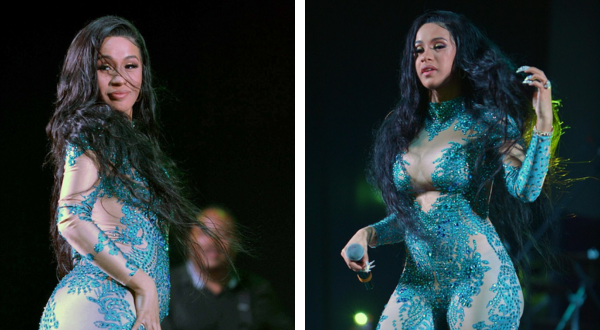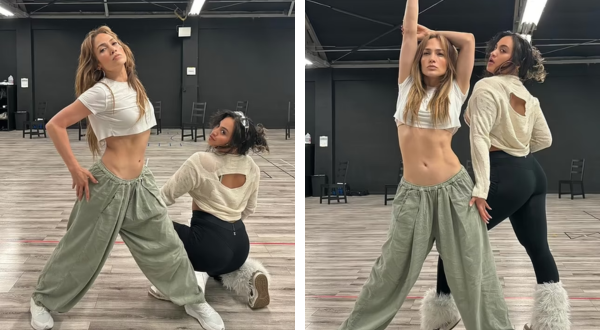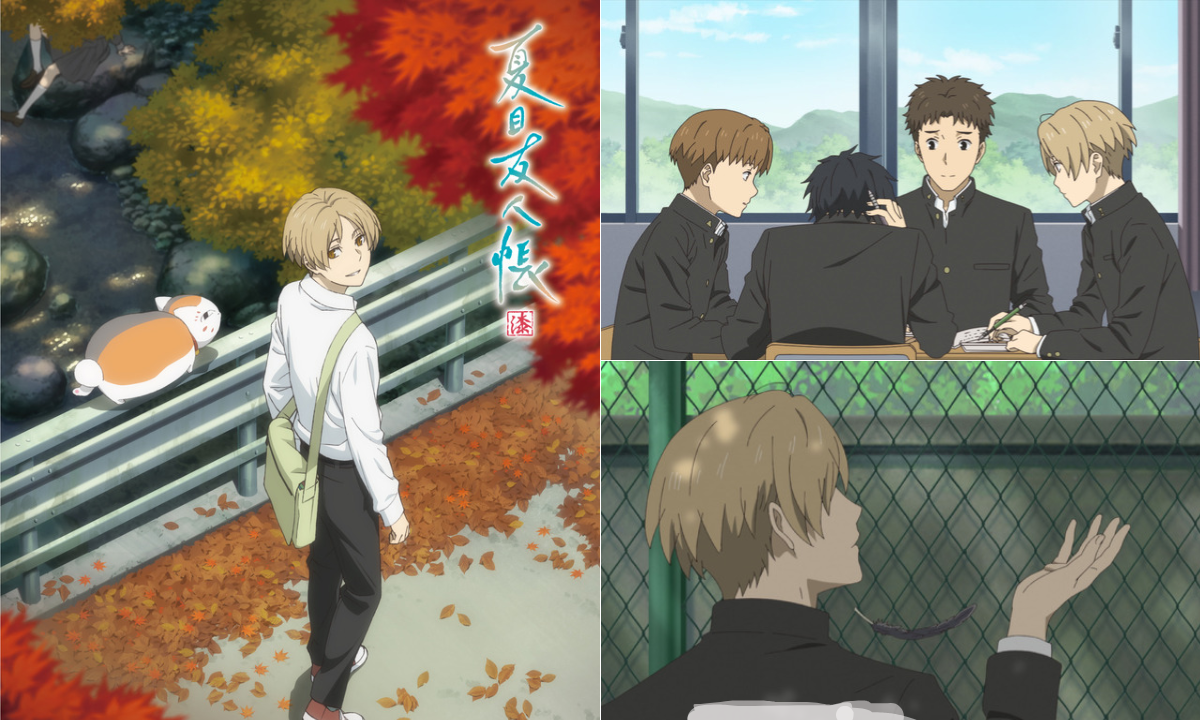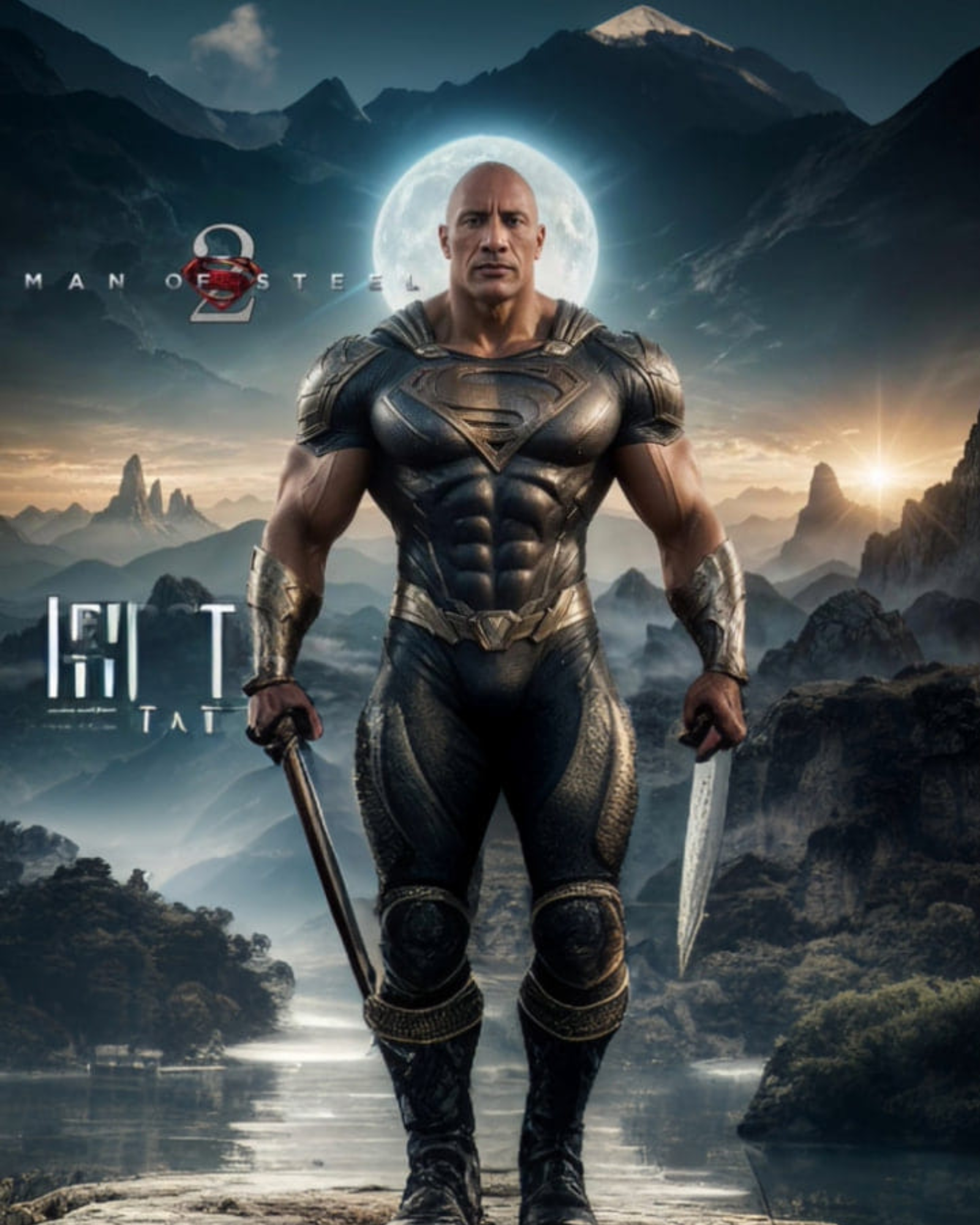 Chris Brown. (Jason Merritt/Getty Images)
Chris Brown. (Jason Merritt/Getty Images)
To protect and celebrate these people and systems the way we have done, is to preserve and defend the very same oppression we go through in our own daily lives, writes Nombulelo Shange.
Women For Change has created a very important petition, calling for the cancellation of the upcoming Chris Brown concert.
Chris Brown has a long history of abusing women, with the 2009 abuse of Rihanna being the most notable example. The Women for Change petition has been polarising, with some celebrating the activism and support for women, even when it seems “unpopular” to do so. Others have rushed to social media to defend the American singer, sharing their excitement about attending the concert.
The sad reality is the Women For Change campaign is unlikely to succeed given that the tickets sold out in a matter of hours. South Africa prioritises profit over everything, over social well-being, over protecting vulnerable groups, its own state agenda or other important social factors. But this is an important campaign because it drums up awareness and holds a mirror to our society, reflecting the lengths we will go to to defend patriarchy.
Patriarchy through a radical feminist perspective
The overwhelming support for Chris Brown in a country that has been labelled the rape capital of the world, shows we are unwilling or unable to understand how we gained this jarring reputation.
Patriarchy is at the centre of it all. Radical feminist scholar Sylvia Walby offers deeper discussion on patriarchy. Broadly, patriarchy is a social system that prioritises men and sees them as superior to women and is rooted in the oppression and marginalisation of women.
Walby identifies six social structures and practices that create or reinforce patriarchy, namely;
- Household production, which includes everything from the hierarchy of importance within the family, women’s roles often being seen as inferior and unpaid domestic work.
- Labour, where women are either excluded, discriminated against and/or paid less.
- Culture, which entails ideologies and praxis that portray women as inherently inferior, a view often reinforced by religion, media and even language.
- Sexuality ensures that women’s sexuality or sexual expression is more controlled while men have more freedom. Women have less bodily autonomy and agency.
- Violence, gender-based violence and sexual abuse give men power over women, leaving women subdued and fearful.
- Finally, the state and related structures like legal systems, policies and so on have a long history of perpetuating systematic and direct violence against women.
Intersectional politics and patriarchy
These six structures of patriarchy seldom ever exist in isolation from each other, in fact, it can be challenging to tell them apart because they are so interwoven.
A single event could see one or more of these structures at play, which is why in part it becomes challenging to ensure justice in individual cases or even to dismantle patriarchy as a whole to protect everyone (including men) from the harm patriarchy causes.
Intersectional scholars and activists such as Audre Lorde, Kimberlé Crenshaw, bell hooks and Patricia Hill Collins further help us understand the complex cocktail of oppression when patriarchy is met by other social identities perceived as negative, including; race, class, religion and so on.
These two theoretical approaches provide a lens for society to understand gender and different forms of oppression, so that we might be better able to address them. So, if a black woman in South Africa experiences oppression at a predominantly white-male-led highly respected place of work, and the abuse and bullying eventually lead to the black woman being pushed out with some reputational harm – in this singular case, it becomes clear that there are different structures of patriarchy involved and intersectional politics at play.
READ | ‘Can’t wait to come’: Chris Brown hits back at petition calling for his Joburg concert cancellation
Intersectional politics help us understand the racial and other social nuances like age and others that were used as a basis for marginalising this black woman. Multiple structures of patriarchy are at play in this illustration, labour, because the oppression is taking place in the workplace.
Sexuality might also be at play depending on the kind of abuse the black woman is experiencing and because this structure of patriarchy includes bodily autonomy and the risk of being sexualised at work, based on rigid ideas around how one should behave or dress.
Culture is also at play and informs the view that the workplace has towards the black women being seen as incompetent, incapable, and not belonging in that space. And even the state and related structures are also interlocked into this oppression because stronger legal and policy protections that should prevent this kind of workplace abuse are missing.
Many of these listed patriarchal violences are usually not viewed as illegal and are at worst, welcomed and celebrated or at best, seen as unfair or bordering on unethical.
Connecting to the Chris Brown boycott
I am making this example because it is a relatable one that most women have gone through, even those who have come out fiercely defending Chris Brown. Whether you are a domestic worker or hold one of the most “important” roles one can hold within your industry, and it is followed by national and global recognition, we have all experienced some kind of gendered oppression in the workplace, relationships, and society as a whole.
The structures of patriarchy active in our seemingly more relatable systemic oppression and lives as South African women are exactly the same, even though the events and experiences of abuse might appear to be different. It is the same structures of patriarchy that oppress us on a daily basis that enable and empower artists like Chris Brown, P Diddy, R Kelly or Harvey Weinstein to rise to such prominence despite being known abusers for decades. To protect and celebrate these people and systems the way we have done, is to preserve and defend the very same oppression we go through in our own daily lives.
READ | Fred Khumalo: Why the anti-Chris Brown brigade is wrong
We have seen some very influential celebrities and leaders we love and look up to support Chris Brown or criticise Women For Change’s boycott and in doing so have attempted to compartmentalise abuse as separate from Chris Brown’s artistry and work. This is not true; many of these men mentioned above use their places of work to enact their terror. Their connection to media and ability to shape and inform culture sees them normalising their violence or discrediting victims. We believe them because we are moved by their work and do not want to believe that such talented people can be so vile.
South Africa has its own fair share of these kinds of demonic perpetrators who hunt women for sport. The problem with our division as a country (and especially as women) over issues like this Chris Brown boycott, is that we believe we are different and have therefore transcended some of the patriarchal oppressions.
You could be a young, poor woman, wearing next to nothing, twerking in a hip-hop music video for a living, or a church woman and highly respected member of your community, married with children and a thriving career in what is perceived as an important industry, patriarchy does not care. It treats us all with the same brutality. We must understand that these intersectional politics interact with patriarchal structures to create shared oppression and violences.
We must see ourselves in the experiences of the women who come forward against artists like Chris Brown because it could easily be one of us. In the rape capital of the world, this threat of violence follows us everywhere, in churches, our homes, work, school and even mundane places like the post office.
– Dr Nombulelo Shange is a lecturer in the Department of Sociology at the University of the Free State
NewsletterWeeklyOpinions WeeklyOpinions editor Vanessa Banton curates the best opinions and analysis of the week to give you a broader view on daily news happenings.Sign up
*Want to respond to the columnist? Send your letter or article to [email protected] with your name and town or province. You are welcome to also send a profile picture. We encourage a diversity of voices and views in our readers’ submissions and reserve the right not to publish any and all submissions received.
Disclaimer: News24 encourages freedom of speech and the expression of diverse views. The views of columnists published on News24 are therefore their own and do not necessarily represent the views of News24.





